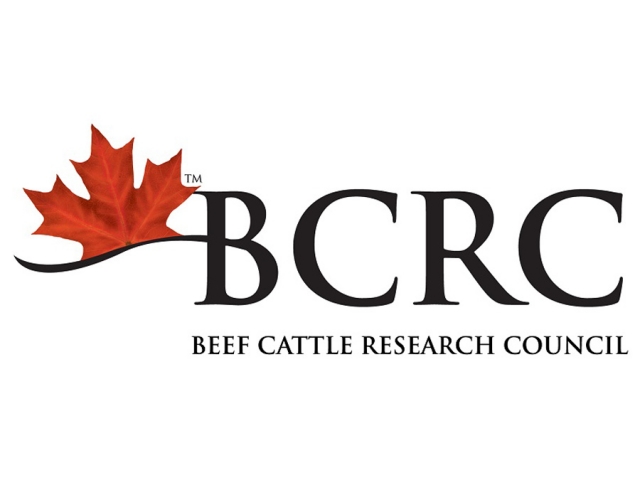Dr. Reynold Bergen spoke about some of the positive research being done for the beef sector at the Manitoba Beef Producers’ AGM last week in Brandon.
Dr. Bergen is the Science Director for the Beef Cattle Research Council. The BCRC uses federal check-off dollars to conduct research on efficiency on the farm as well as beef quality.
Bergen’s speech focused on the research being done about the environmental impact of cattle farming.
“We funded research to look at how Canada’s environmental footprint has changed over the last 30 years,” said Bergen. “What we found was that methane produced per pound of beef has dropped by 15 percent, and water use has dropped by 17 percent, and ammonia per pound of beef has dropped by 20 percent.”
Bergen says these are all positive environmental stories that need to be shared with the public.
Last August, the United Nations put out an article saying that people should eat less beef because of the industry's impact on Climate Change. The research done by Bergen and the BCRC suggests that the UN article isn’t all that correct. The research that the BCRC has conducted has recently gained national attention through McDonalds Canada, who based an entire campaign on environmental research.
“The good news about the environmental impact of Canadian beef, and how it has improved, reached an awful lot of people,” said Bergen. “That was all work that happened because beef producers were willing to support some research.”
While public trust in the beef sector has improved recently, Bergen says there is still a lot of work that needs to be done.
Some projects being funded by the BCRC are focusing on not only how the beef sector cuts down the negatives around climate change, but around the positives that the sector brings to the table. Those positives include carbon sequestration –the practice of capturing carbon in the soil, how grazing preserves the grassland ecosystems, which in turn maintains habitat for wildlife.
Bergen urges people to look at the correct information about the beef sector, instead of believing everything shared on social media. Some of the websites you can look at including the BCRC’s website, the Canadian Roundtable for Sustainable Beef’s website, or just go to an open farm day.







